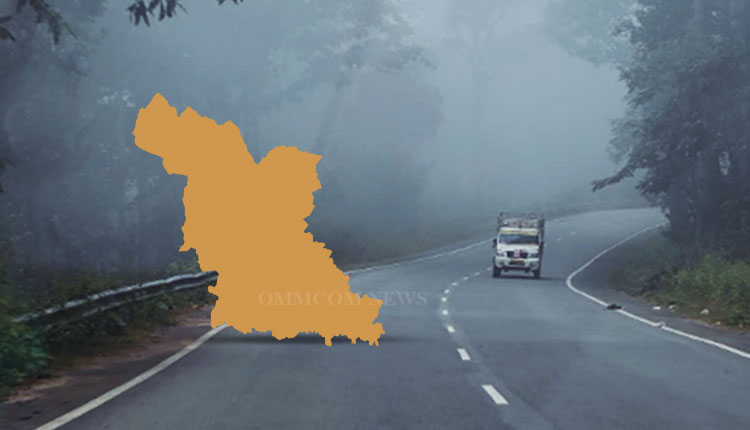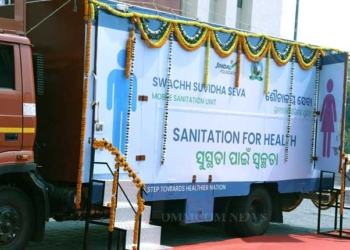Nabarangpur: An intense cold wave has gripped Nabarangpur district, disrupting daily life as temperature continue to plummet. The district recorded 13°C today, with dew visible during the night and early morning hours. The biting cold, compounded by chilly winds, has forced residents to remain indoors until late morning.
Severe cold conditions are being reported not only in Nabarangpur town but also across blocks including Tentulikhunti, Nandahandi, Kosagumuda, Papadahandi, Umerkote, Chandahandi, Dabugaon, Raighar, Jharigaon, and other areas. Locals say this is the coldest winter the district has experienced in recent years.
According to the meteorological centre, the cold wave is expected to persist for at least two more days.
With winter tightening its grip, seasonal markets have sprung up across the district. Vendors—local traders as well as sellers from Uttar Pradesh—have set up roadside stalls offering sweaters, jackets, blankets, carpets and other winter essentials. Major clothing stores in Nabarangpur have also witnessed increased footfall, with new collections of jackets, mufflers, and shawls arriving to meet demand.
Prices of winter garments remain similar to last year. Sweaters range from ₹400 to ₹1,500, jackets ₹700 to ₹3,000, and shawls ₹200 to ₹1,100. Traders say winter wear for children is available at lower prices.
The cold spell has pushed up demand for charcoal and firewood, while several new tea and coffee cafés have opened in the town to cater to residents seeking warmth.
Dense fog has added to the district’s woes. From morning till around 9 a.m., and again after sunset, thick fog blankets Ambapani Ghati, Nabarangpur town, the Indravati Bridge, and the Bharat Mala road, significantly reducing visibility. Vehicles are moving with headlights and fog lamps on, and fog-related accidents have become frequent. In the past two days, two accidents involving pickup vans and cars were reported on the Bharat Mala road, where visibility has dropped to near zero between Indravati Bridge and Chamuriaguda Chhak.
The severe weather has hit daily wage labourers, street vendors, school and college students, and government employees the hardest, as outdoor activity becomes increasingly difficult.
















